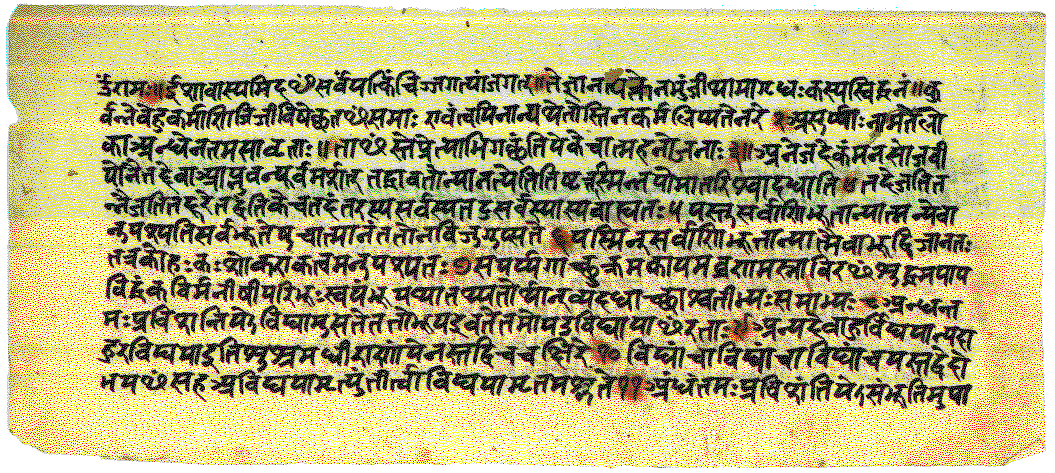Vedanta: The Journey from Me to I
Vedanta is the science of Self-knowledge (आत्म-ज्ञान)
What is Self or Ātmā? The closest meaning of ātmā in English is “Self.”
Ātmā: That which deserves to be called the “I.” (अहम् प्रत्यय योग्य:)
“I” is the most commonly used pronoun in all languages.
What is ‘I’?
We commonly refer our body or our mind as ‘I.”
Does body or mind deserve to be called I? Let’s examine it in our own experience.
We know our body as an object. We can see it; we can watch its movements. That is, we can objectify our body.
Similarly, we can objectify our mind; we can observe our thoughts (minds is nothing but collection of thoughts, feelings etc.). When we say, my mind is dull or sharp, we are objectifying our mind.
Our thoughts and feelings are objects to us, just like our body or a table is an object to us.
But we can never objectify our Self or I. To objectify the Self will mean that there are two selves in us, which, of course, would be illogical and absurd to say.
That which cannot be objectified, the subject, is called the Self or ātmā.
Body and mind can be objectified. But the Self, ātmā, cannot be objectified or made an object of the senses.
That which objectifies everything but itself cannot be objectified; that which witnesses everything but itself cannot be witnessed is called the Self, our svarupa. It is the ultimate Subject. It is the consciousness चैतन्यम that serves as the background or substratum of all our objective experience.
When one knows one’s real nature to be ātmā, the Self, there is no reason to grieve, for the real Self is never born, nor does it ever die. The Bhagavad Gītā begins exactly at this point: The wise do not grieve. (BG 2.11)
We Mis-take our Self!
The entire teaching of Vedānta is about removing the misconception about I.
We mis-take our real I to be our body, mind, senses, or ego (me-notion). Vedānta removes this misconception.
Thus, Vedānta is a journey from the false ‘me’ to real ‘I.’
Self-knowledge (ātma-jñāna) is the knowledge of our true Self, as Consciousness, as the ultimate Subject, Witness, of all and everything. This Self is one, without a second (ekamevādvitiyam). This liberating knowledge of the oneness of the Self is the subject-matter of Vedānta. Says Śri Śaṅkara in the Adhyāsa Bhāshyam: Vedānta is begun to expound the knowledge about oneness of the Self (आत्मैकत्वविद्याप्रतिपत्तये सर्वे वेदान्ता आरभ्यन्ते).
How to know or intuit this real Self?
Swami Satchidānandendra Saraswati provides the most profound pointer:
“The critical student of Vedānta should always try to discriminate between his ‘me’ of the waking and the Witness thereof which is the only Reality existing in and for Itself.” Intuition of Reality (Holenarsipur, Karnataka, India: Adhyātma Prakāsha Kāryālaya, 1995), 102. [emphasis in the original]


Recent Comments